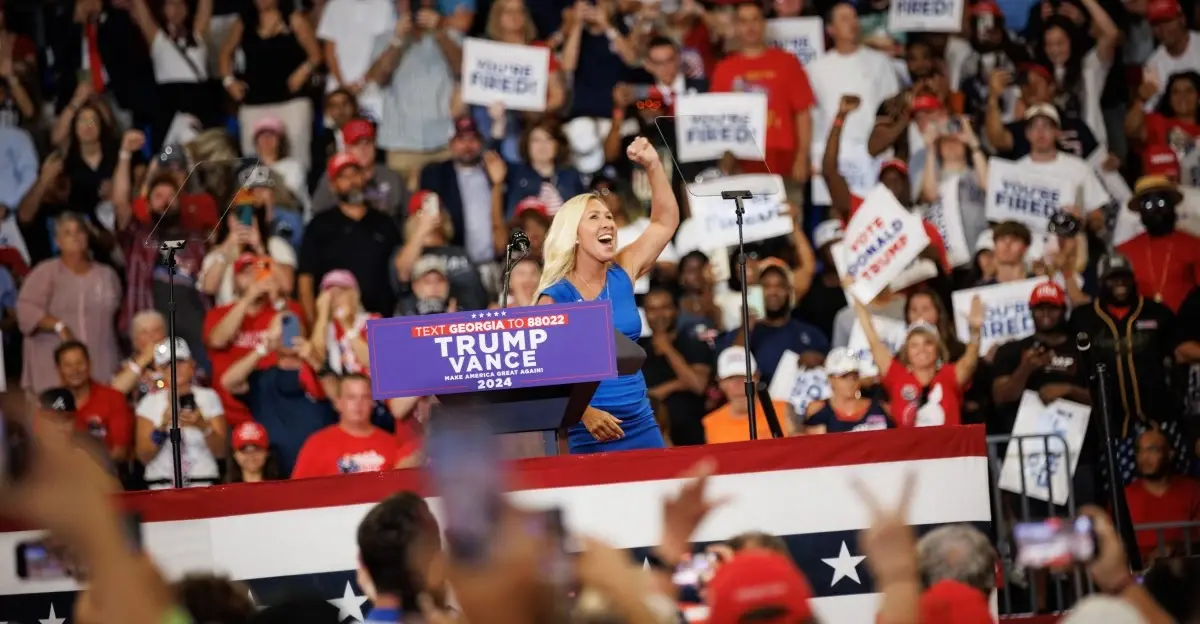It’s a political science phenomenon called “elite polarization,” in which the divides among elected officials spread to their voters, and the public sorts itself into ideological and partisan tribes that mirror what is being signaled from above. That downward messaging then increases what political theorists call “affective polarization,” a measure of the level of antipathy people have for members of the opposite political party.
But not all elected officials are polarizing Americans — or at least, not all of them are doing it equally, according to new research by political scientists Marc Jacob of Stanford University, Yphtach Lelkes of the University of Pennsylvania, and Sean Westwood and Matthew Wetzel of Dartmouth College, which confirms what has long been suspected.
[…]
The researchers define conflict entrepreneurs as elected officials who “frequently insult and name-call political rivals.” They can be contrasted with “policy-focused representatives” — the kind of folks who just want to get things done. And political division is a whole brand for conflict entrepreneurs, not merely part of their public profile.
[…]
They tend to be Republicans, more ideologically extreme, and more likely to hold seats in the House of Representatives (as opposed to the Senate). And you can probably guess who some of these folks are: Georgia Republican Rep. Marjorie Taylor Greene, for example, is the second-largest producer of personal attacks, according to the tool. Colorado Republican Rep. Lauren Boebert is the seventh.
[…]
Both major political parties have conflict entrepreneurs in their ranks. According to the researchers, though, there are more Republican conflict entrepreneurs than Democratic ones, and all conflict entrepreneurs aren’t perfectly alike.
[…]
And yet, being a conflict entrepreneur, the researchers found, doesn’t do much to help lawmakers achieve traditional legislative goals. It certainly doesn’t help one pass laws or advance to leadership positions. It does, however, help them get more media coverage: If your goal is to be on Fox News, then being nasty can help you reach that goal.
[…]
“Our results suggest that conflict entrepreneurs, relative to policy-focused representatives, do not convert media attention into success: they do not raise more campaign donations, they do not perform better in elections, they are assigned to less powerful committees, and they do not leverage media attention to introduce or co-sponsor legislation,” the researchers write.
In other words, conflict entrepreneurs actually lack legitimate power and influence over government processes. But by getting the most media attention, they can influence the way the public sees government work and experiences politics.
[…]
The overwhelming majority of federal lawmakers never make a personal attack or do so in a tiny fraction of all their communications in floor speeches, social media posts, and media appearances. Yet a small number of polarizing figures has helped worsen the public’s view of how divided our government and politics are.
[…]

very interesting. this aligns with my general view that the divisiveness and polarization of modern politics is mostly (but not entirely) driven by conservatives, but it’s cool to see someone crafting a tool to actually prove this point!


